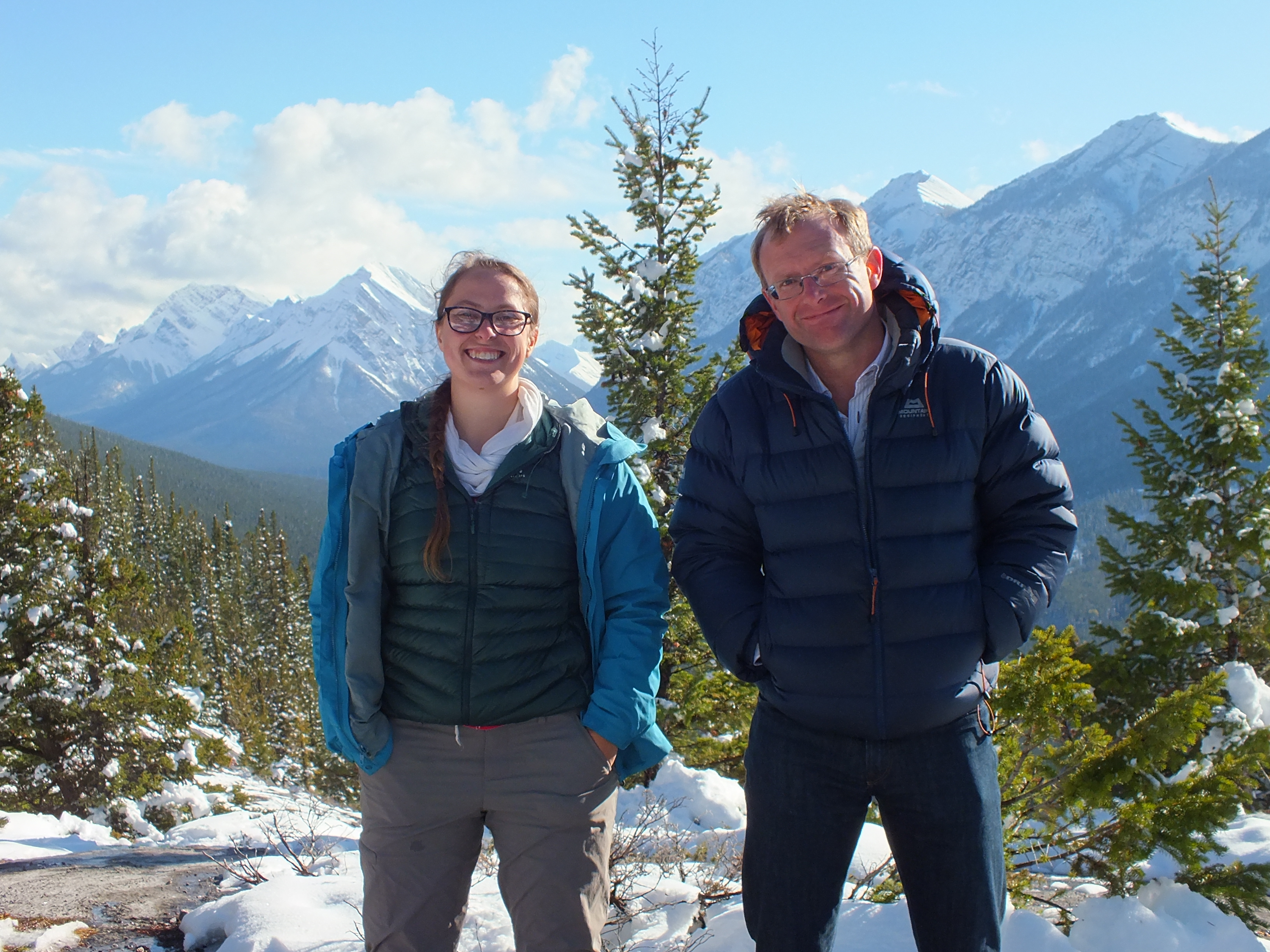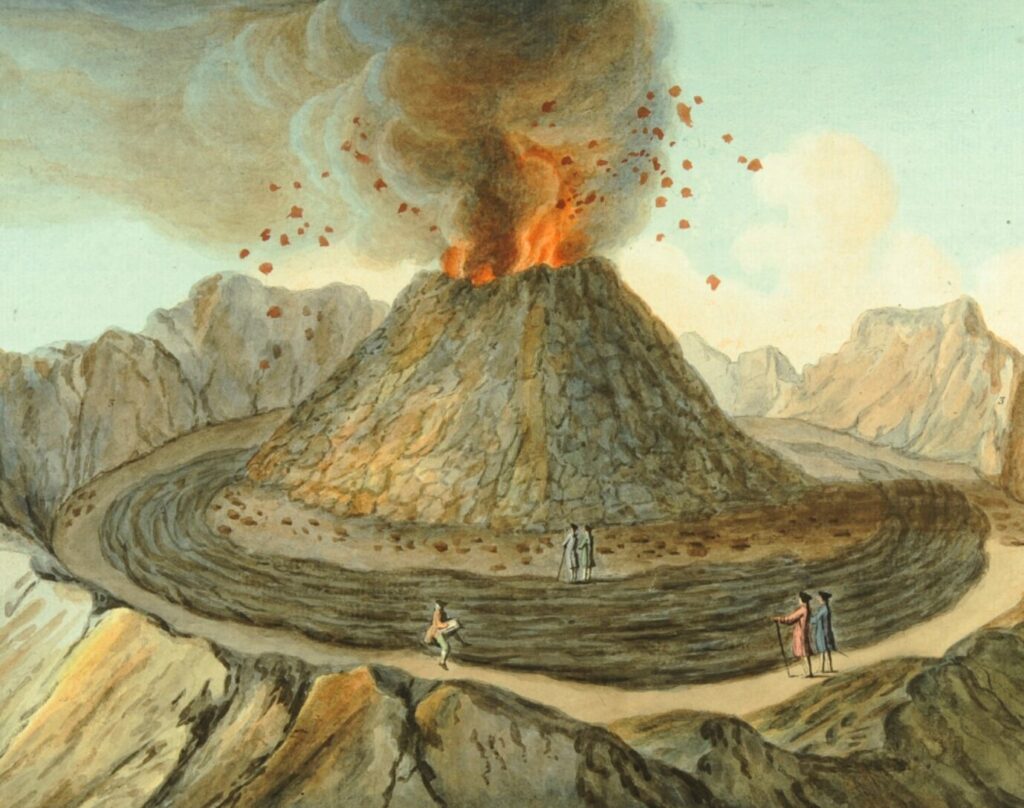
During the course of the project we have benefited enormously from opportunities to hear from, connect, and collaborate with colleagues studying mountains from across a wide range of disciplines and from a diverse array of perspectives.
As part of the 11th Celtic Conference in Classics (St Andrews, 11th-14th July 2018) we organised a three-day panel on ‘Approaching Landscape in the Classical Tradition’, which brought together researchers from across Classics to compare and discuss a variety of approaches to studying landscape in general. You can find blog posts about the event here and here. One of our goals with the panel was to produce a report which might provide the basis of further thought and discussion. This was written by Chloe Bray and is available here. As well as capturing the themes covered by the panel it also incorporates a bibliography provided by each speaker, identifying the primary sources used to prepare their presentations and what they deemed to be the most important theoretical literature for ‘approaching landscape’.
In October 2018 we were privileged to attend Thinking Mountains 2018, an interdisciplinary mountain studies conference held in the Canadian Rockies. We led a session on ‘Ancient Mountains and their Modern Significance’, in which we presented on the results of our project up to that point but also, crucially, heard from a roundtable series of responses to our ideas led by Sean Ireton, Dan Hooley, and Carolin Firouzeh Roeder. This represented a key milestone in connecting the specifically classical / historical material of our project to the wider context of mountain studies. A blog post about our experience of the conference as a whole can be found here.
Leading on from this moment of connection (and indeed benefiting again from the welcome collaboration of Sean Ireton and Dan Hooley) we began working on our edited volume, now published as Mountain Dialogues from Antiquity to Modernity and which considers the influence of classical ideas on mountains in a variety of historical contexts. In December 2018 we held a residential workshop at Cambo House, Fife to bring the contributors to the volume together. All contributors provided drafts of their chapters in advance, and we paired each chapter with a specific respondent whose work was from as distinctive a perspective as possible (so, e.g., a chapter by a classicist would be assigned to a modern historian). These respondents then led a whole-group discussion about each chapter, with an emphasis upon sharing insights and reflections from a variety of disciplinary perspectives.

Immediately following on from the workshop we hosted a day on ‘Volcanoes in Print’, consisting of three associated events. The first was a display in the University of St Andrews Special Collections of books about volcanoes, highlighting the importance of classical knowledge even to authors writing well into the nineteenth century. You can download the notes from the exhibition here. The second was a hands-on letterpress printing workshop, centred around a modern ‘translated facsimile’ of Pietro Bembo’s 1495 De Aetna, an account of climbing the volcano which was heavily influenced by classical ideas. The day concluded with a public lecture by Professor Gareth Williams titled ‘Making an Impression: Pietro Bembo, Mount Etna, and the Venetian Printing Press’. You can find the original details of the event as advertised here.
Finally, in December 2022 we hosted a small, one-day workshop titled ‘mountains in the humanities: past, present, and future pathways’, bringing together colleagues from diverse disciplinary backgrounds, research mountains in contexts ranging from performance studies to modernist literature. This ultimately took the form of a highly discursive ‘unconference’, and resulted in a series of ‘mountain research spotlights’ on our blog. We are also currently in the process of producing a multi-authored article based on our discussion offering a perspective on the possible cross-disciplinary field of the mountain humanities.
Speaking Engagements
Over the course of the project we have both spoken at various conferences and events about our work. The below represents a selected list.
- Jason König, ‘Geography and identity in the mountains of the ancient Mediterranean’, invited seminar paper, London Group of Historical Geographers, January 2022—recording here.
- Jason König, ‘Suburban saints: space, place and environment in Theodoret’s Religious History’, invited conference paper, ‘Lived Space in Late Antiquity, St Andrews, December 2021
- Jason König, ‘Civic, regional and wilderness identities in the mountain environments of the ancient Mediterranean’, Epichorios research day, ‘Ancient Greek Environments’ Münster, November 2021.
- Jason König, ‘Mineralogy, ethnography, antiquarianism: images of collecting in the travel writing of Edward Daniel Clarke’, September 2021, conference on ‘Travel and Archaeology in Ottoman Greece’, British School at Athens.
- Jason König, ‘Ecocriticism and classical literature: the landscapes of Homer’s Iliad’, December 2020: University College, Dublin, Environmental Humanities seminar series.
- Jason König, ‘The folds of Olympus: reading ancient mountains ecocritically in the Iliad and beyond’, November 2020: Exeter Department of Classics research seminar.
- Jason König, ‘Mountains and vision in ancient Greek and Roman culture’, September 2020: Warburg Institute, conference on ‘Image and Ascent: Mountain Terrains in the History of Art’ (keynote lecture).
- Jason König, ‘Mountain and city in Dio Chrysostom’s Euboicus’, May 2019: conference on ‘La montagna nell’ antichità’, Trento.
- Dawn Hollis, March 2019, ‘A Mountains Manifesto? Toward the Historical Mountain Humanities’, International Mountain Studies Symposium, Center for Appalachian Studies, Appalachian State University (keynote address).
- Dawn Hollis, ‘Of Alpinists and Elephants: Modern Perspectives on Ancient Ascents’, November 2018, School of Classics seminar series, University of St Andrews.
- Dawn Hollis, ‘“The plain and truest proof of its own nature”: The Perception and Reception of Mount Etna from Antiquity to the Eighteenth Century’, February 2018. Lecture to the Scottish Hellenic Society of St Andrews and the University of St Andrews Archaeological Society.
